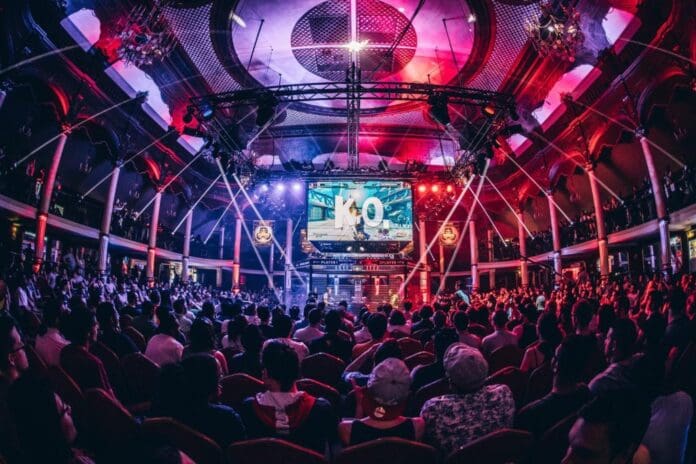Acceptance of esports as a traditional sport has always been a point of debate. Even after the growth in popularity of esports justifying it as better than any other traditional sport, some people are still contend that esports isn’t a “true sports” and would argue that careful planning, precise timing, and skilful execution” ought to be what classifies an activity as sport, and that physical exertion and outdoor playing areas are not required by all traditional or non-traditional “sports”.
Even after many setbacks, the popularity of esports haven’t slowed down. In 2019 , Esports industry saw big gains in total number of audiences, which at current easily surpass any traditional sport. It was estimated for the viewership to grow to more than 450 million and revenue to increase over US $1Billion.
This steady rise in popularity of esports have actually made many countries to change their views about video games and to actively work on a model to recognize esport as sport and a viable career option.
China was the first to recognize esport as sport in 2003, despite the concern about games being addicting raised by the same government. The government also encouraged and facilitated the growth of esports in the region. Currently China is home to biggest crowd for esports industry with more than 700 million people being interested and/or connected with esports.
Early in 2019, China also announced acceptance of esports as profession. By July 2019, more than 100,000 people had registered themselves as professional gamers, which is estimated to reach 2 million is less than 5 years.
But the China isn’t the only country to have a working model. Other Asian countries have also worked on a working model to recognize esport as sport and promote it among their population.
South Korea published a declaration to recognize esport as sport soon after China made its announcement. The South Korean government also invested hugely in esports and made gaming hubs and also formed Korea e-Sports Association to overview the esports activity in the nation.
In 2014, Turkey started issuing esports players licenses certifying them as professionals.
In 2016, French government started working of a model to regulate and recognize esport as sport.
Sri Lanka is latest to accept esport as sport by passing a declaration on 2nd October 2019.
The Olympic Games committee had also put forward several ideas and methods to legitimize esports. In 2017 they acknowledged the popularity of esports and suggested “ with the rules and regulations of the Olympic movement” esport might be included in future Olympics.
Japan have also played a significant role in pitching the idea of inclusion of esport as a sport in the upcoming Olympic Games in Japan.
As for the other side of Globe, Schools and colleges in America and Europe have also started integrating esports in their curriculum. Schools such as University of California Berkeley, University of California Irvine and University of Utah, are not just teaching students about the competitive skills but also for sales, business administration roles.
The message is clear, Esports is not just about gaming and gamers, one doesn’t need to be a gamer to work in gaming. With a little effort and help anyone can start a carrier in esports and add value to this ever growing industry.





Comments are closed.